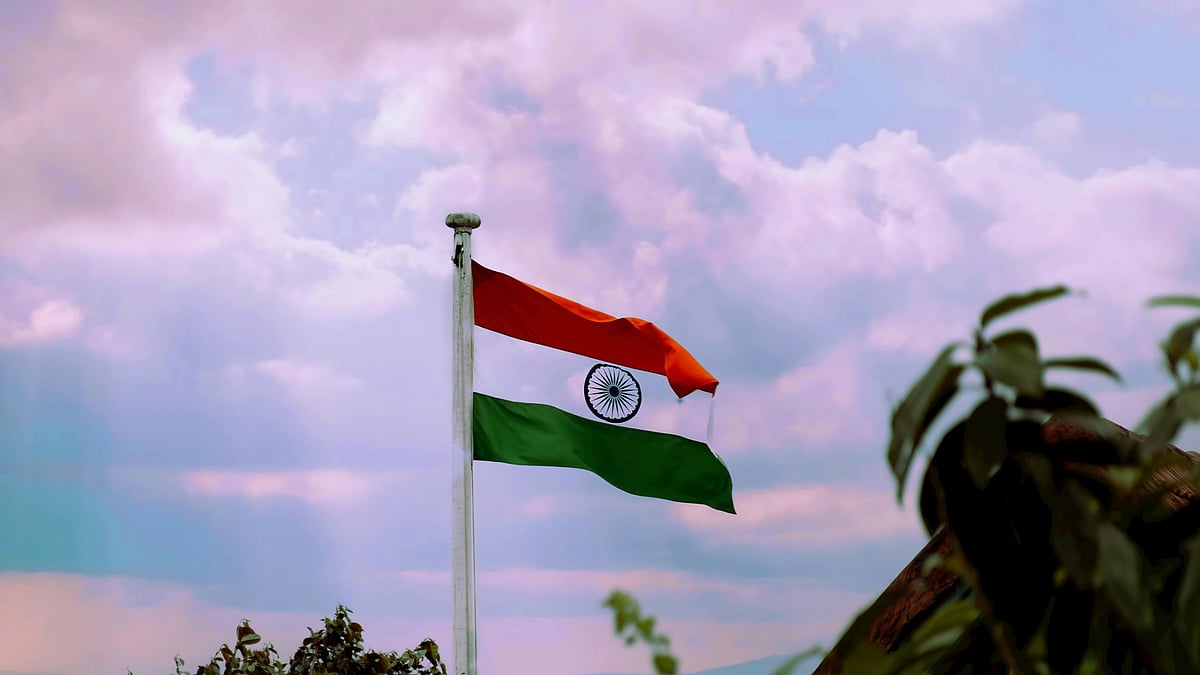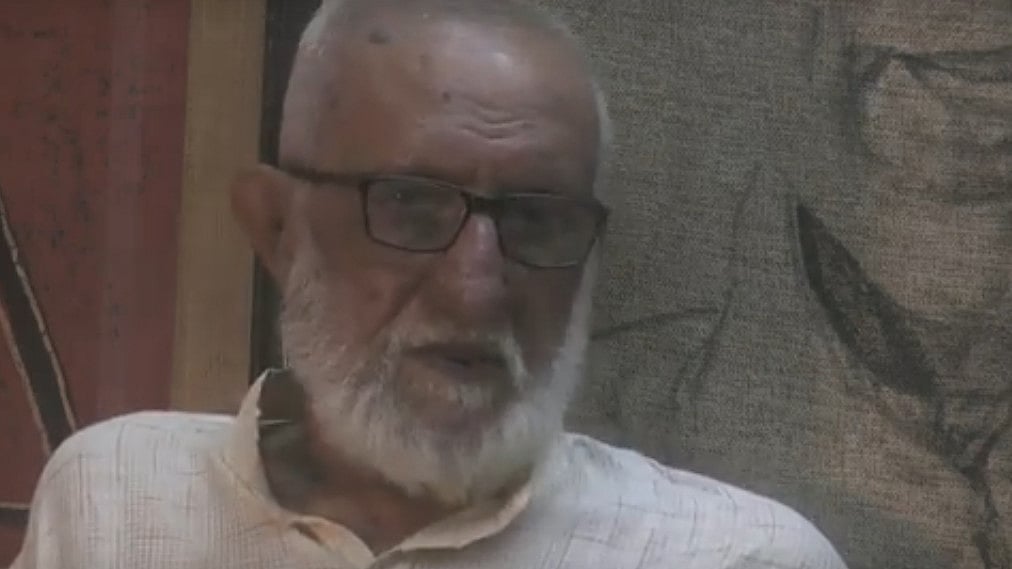COVID-19 outbreak, which emerged suddenly and quickly spread-out across nations has caused serious, uncertain and unprecedented times. This coronavirus first originated in the Chinese city of Wuhan, affected 189 countries, infected more than 7,85,000 people, some 1,65,000 people recovered and killed over 37,000 so far. Cases in India number at 1,300 and deaths at 42 amid one of the largest lockdowns in the world. Our government continues to maintain that the third stage, community transmission, has not begun but what is the reality is difficult to ascertain as testing is sporadic.
We all are passing through both an economic as well as health (including behavioral) emergency. Both appear to be separate issues but in reality closely interact with each other. IMF has warned of serious economic damage and advocated an unprecedented response. COVID-19, if not controlled, can become worse than even the global depression of 1930s. Uncertainty of this coronavirus plagues the experts, too.
Scientists have identified 69 drugs for treating coronavirus patients. Some of the medications that are used to treat other diseases are also being repurposed, as this route may be faster as compared to inventing a new anti-viral from scratch. But only the latter would provide a sure cure. The novel coronavirus’s impact on Indian economy is widespread — resulting in elevated credit risks and much weaker growth prospects. GDP growth was dismal in Jan-March at 4.3%, likely to be worse at sub4% levels in April-June.
The 21-day lockdown could pull down growth by at least 2-3 percentage points. Cement (a core industry) prices suddenly fell in March after rising for two straight months as all economic activity is stalled in a usually strong period of construction. Faced with lockdowns across states and key businesses, India's banks are bracing for a decline in collections and increased demand for working capital. Over one fourth of India's 69 mn MSMEs may shut shop if the lockdown extends beyond four to eight weeks.
Biggest human migration on foot after Partition started after India imposed restrictions more drastic than any other country. Horrific, heart breaking images have emerged over the past few days of lakhs of migrant workers trudging towards to their villages. International oil slumped to a 17-year low. Oil prices corrected nearly 68% from its 2020 highs seen in early January.
Though average crude oil import cost for the country dropped by over 20%, prices of petrol and diesel in India has remained frozen since March 16 allowing petroleum refiners to make up their losses in their inventory. Government is likely to raise excise duty on the two fuels again. A Re 1 per litre increase in excise duty implies an additional Rs 14,500 crore annual revenue for the government. Currently, the central levies on petrol amount to Rs 22.98 per litre and on diesel to Rs 18.83 per litre. Oil storage levels globally have reached 75% of capacity.
The continued stockpiling due to falling demand would crash the prices to $10 in coming months unless industrial activity restarts. It is recommended that the increased excise revenue from oil should be earmarked to ‘PM Cares Fund’ for a specific purpose.
The crisis would surely lead to the ‘Health Economics’ becoming significant. It would become an important subject in educational institutes and would top the subjects sought by applied economic researchers. Allocation to health sector at present a puny 0.5 or 0.8% of GDP may get doubled or tripled. Public health infrastructure may get a boost and better regulatory norms for the private sector may get instituted. States have asked the Health Ministry to pull all strings for upgrading health infrastructure.
The crisis has given opportunities of business to some sectors like Pharma and ITeS. Subsequent to announcing the lockdown, a beginning has been made by announcing a package suitable for the poor and vulnerable sections of population. Less than 10% of workers are in organised sector. An economic relief package for daily wage earners is a part of this package. Infrastructure for this already exists like PM-Kisan Yojana, MGNREGA, Jan Dhan Yojana and Ujjwala Yojana. Earlier, the FM unveiled a series of regulatory and compliance measures with a view to easing the industry’s pain.
Ministry of Labour and Employment has also issued an advisory to states and union territories to use the cess fund collected by the Labour Welfare Boards and transfer them to the account of construction workers through the direct benefit transfer mode. About Rs 52,000 crore is available as the cess fund and almost 3.5 crore construction workers are registered with welfare boards. Government is also continuing with its economic reforms programme. A Modified Electronics Manufacturing Clusters scheme is passed, enabling India to become major exporter of mobile phones.
While RBI’s Monetary Policy Committee originally was slated to meet in the first week of April in a surprise move, its meeting was preponed. RBI has taken a multi-pronged slew of measures to ease the pain of the stakeholders. India has unveiled both fiscal and monetary policy stimulus measures to minimise the negative impact of the virus on economic activities and addressing the needs of the vulnerable. For MSMEs, the finance minister has given relief by offering to pick up the tab for their EPFO contributions.
This will help mitigate wage costs. Government must now focus on small businesses and industries, especially specific industries such as aviation. India’s business tycoons and leading industrialists have stepped up their contribution to the government. Several companies and stakeholders have sought extension of the current financial year to a 15-month one ending in June because their numbers have gone haywire in the past month. Government is considering the proposal. What India’s businesses urgently need is clearing the choking points in the supply chain, which has got disrupted.
Government should offer partial guarantees to make sure banks start lending to small and medium enterprises as well as large firms. Banks should become willing to take the credit risk. It is essential that our impaired financial system gets cleaned at the earliest. Targeted income transfers for a couple of months are a must. Universal basic income implies paying the households permanently for which we don't have time and resources.
Centre will have to maximise tapping what is available in the international market. There is no alternative but to pursue a print-and-spend emergency response. As the economy will suffer, attending to hard reforms cannot be put off. Nations have locked down borders and started looking inwards. Funding needed to counter the economic fallout should be globally pooled. India should also consider raising resources internationally to fight the economic cost of the pandemic. Unfortunately, the financing part will be challenging.
Government can consider a Pandemic Bond and sign a deal with global asset managers and sovereign wealth funds to underwrite to some extent. Surely, multilateral agencies would support an approach like that. G-20 group has pledged to inject more than $5 trn into the global economy to limit job and income losses. The crisis raises the question if we are self-sufficient for critical resources.
But that's a medium-term issue. This leads to another critical issue worth debating - whether the coronavirus and its spread would promote globalisation or would strengthen the trend of nationalism. Solution lies in promoting healthy nationalism in a globalized environment. Rising unemployment, worsening incomes and disenchantment against harsh measures can even lead to social unrest. In view of India already having eradicated major pandemics — small-pox and polio, it possesses tremendous capacity to overcome this pandemic too, a fact even endorsed by WHO.
Another hopeful sign reported is the fact that at four times during last 40 years, a United States recession alongside falling US bond yields and falling oil prices has been followed by a robust economic recovery in India. Somewhat similar situation prevails now. Two factors that will help mitigate the effects of global downturn for India — it being least export dependent emerging market and among the most benefited from a fall in the oil price. The writer is an economist, and a former director of Economic Research & Training Foundation.









